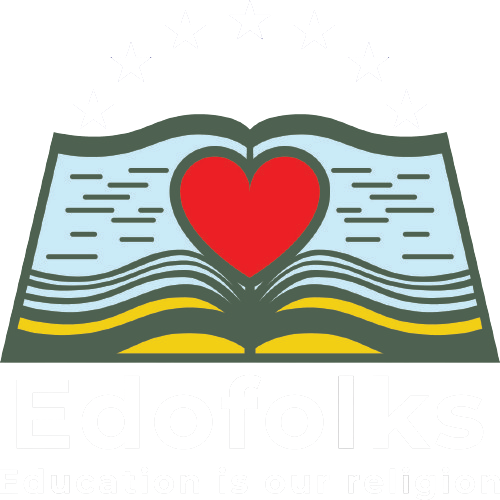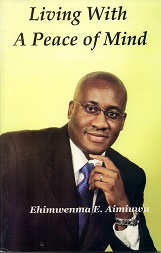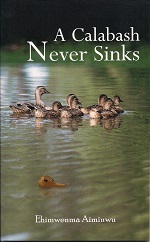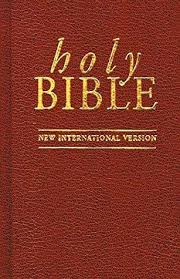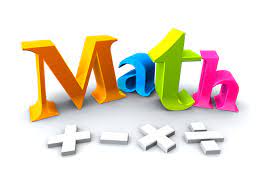Alphabet Originated Centuries Earlier Than Previously Thought Sometime during the beginning of the second millennium B.C., long before ancient biblical times, a traveler passing through a desert valley of what is now southern Egypt, stopped at a rock and inscribed on it his name, his title and probably a short prayer for safe passage. The discovery of this traveler’s ancient calling card, and another one similar to it, indicates that the first alphabet — from which all modern alphabets have evolved — is centuries older than previously believed. It was probably invented in Egypt, not, as previously thought, in the Levant Region, what is now Syria, Lebanon and Israel. Until now, scholars believed that the forefather of written Hebrew, Arabic, Greek — virtually all alphabets, including ours — was invented in the 1700s B.C. The inscriptions in Egypt now point towards an origin in the 1900s B.C.
The significance of the discovery was determined by a team of scholars from The Johns Hopkins University, Yale University, Princeton Theological Seminary and the West Semitic Research Project in California. The group presented its findings at an American Oriental Society conference Nov. 22. “These inscriptions are for epigraphers what Lucy was for palaeontologists,” said Kyle McCarter Jr., the William Foxwell Albright Chair in Biblical and Ancient Near Eastern Studies at Johns Hopkins University and an expert in epigraphy, the study of ancient writings. The inscriptions were discovered in the summer of 1998 in a desert valley called, in Arabic, “The Valley of Horrors.” The finder was Egyptologist John Darnell, an assistant professor at Yale and former Hopkins undergrad. Darnell, who stumbled across the rock while surveying the area, was unfamiliar with the writings. When he returned to the United States, he brought photos of them to Chip Dobbs-Allsopp, who studies the writings of the Iron Age, or ancient Biblical times.
Dobbs-Allsopp, who received his graduate degree at Hopkins and is now an assistant professor at Princeton Theological Seminary, immediately suspected that these inscriptions predated anything seen before. He contacted McCarter, his mentor at Hopkins and one of the few people in the world who can decipher archaic alphabetic inscriptions. McCarter, who has translated some of the Dead Sea Scrolls and other artifacts, has spent much of his career tracking down the origins of the alphabet. “Until now, we believed that the alphabet had been invented by Semitic-speaking people of the Levant Valley, who were inspired by the Egyptian hieroglyphics,” McCarter said. “This discovery suggests that it was invented at least two centuries earlier that we believed.” “It also tells us that the alphabet was probably invented in Egypt by some of the many Semitic-speaking people who lived or worked in Egypt.”
Last summer, accompanied by Egyptian soldiers for protection, a team of scientists including Darnell, Dobbs-Allsopp and Bruce Zuckerman and Marilyn Lundberg of the West Semitic Research Project of the University of Southern California, visited the desert valley site to record the inscriptions. The area can be dangerous; it is an inhospitable, sparsely populated region in southern Egypt. Especially threatening are some of its inhabitants: deadly snakes and scorpions and desert animals that come out at night. The group worked there for several days in 120 degree heat, taking high resolution photographs and documenting the inscriptions.
Translating the inscriptions is tricky, said McCarter. “The earliest examples of a writing system can never quite be read; it isn’t until later when the system becomes conventionalized that the chances of a clear reading become more likely,” he said. “However, it does bear some clear elements of Semitic writing, like the words 組od’ and 祖hief’ and a few others. With our limited understanding of the words, there is a fear of forcing an interpretation of the inscription. But I think we can safely say that it is an inscription of the two men’s personal names, their titles and possibly a prayer to a local god.” McCarter believes that a better translation will come, however, as the early alphabet becomes better understood and more examples are found.
Office of News and Information
Johns Hopkins University
3003 N. Charles Street, Suite 100
Baltimore, Maryland 21218-3843
November 22, 1999
FOR IMMEDIATE RELEASE MEDIA
CONTACT: Leslie Rice, lnr@jhu.edu
What alphabet letter has changed the least?
Of the 26 letters in the modern Roman alphabet, the only one that remains unchanged since its invention is the letter “O,” which has remained the same since it was used in the Phoenician alphabet about 3,300 years ago.
No one knows when or where the first true alphabet was invented. It was a revolutionary concept, to use symbols for the sounds that made up words, instead of using a symbol for each word. Like the letter “O,” many of the letters of the earliest alphabets corresponded in some way to the shape of the mouth when the letters were pronounced.
The Phoenician system of sound-symbols was the first widely successful alphabet, replacing the cumbersome, complex cuneiform writing system. It spread throughout the ancient world, giving rise to the Greek alphabet, the Russian cyrillic system, and our Roman alphabet.
Nigeria: Cement Driveway
Modern equivalents of the Phoenician letters:
http://www.phoenicia.org/tblalpha.html
More about the Phoenicians and their alphabet:
http://www.phoenicia.org/alphabet.html
A Cool Fact about an ancient alphabet:
http://www.cool-fact.com/archive/1999/10/19.html
